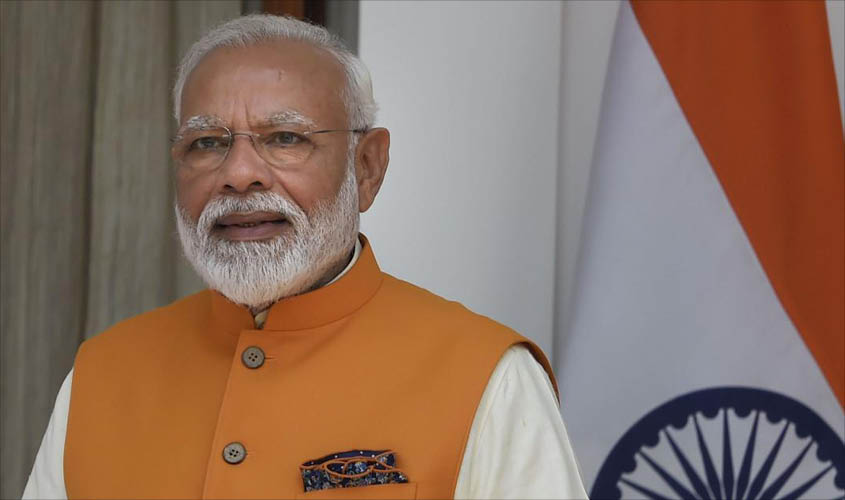NEW DELHI: India’s aid policy to its immediate neighbouring countries has witnessed a visible change as not only has the aid budget allocation been raised, but most of the budget allocation has been re-directed according to the geostrategic needs of the country, according to the data of the Ministry of Finance.
Several studies have revealed that the Prime Minister Narendra Modi-led Central government has transformed India’s aid programme. The new policy is said to be based on the realistic geopolitical and geostrategic interests of the country, rather than altruism. The country has been traditionally extending financial assistance to give way to a new geopolitical reality wherein regional powers in the global South steadily gain international influence through this investment.
According to the data of the Ministry of Finance, the aid budget of the country has raised the allocation for providing financial aid to friendly regional countries by over 26%. Last year, the aid allocation was kept at Rs 6,667 crore, while the total aid allocation has been Rs 8,415 crore in 2019-20.
The ministry’s data reveals that the country’s aid assistance has not only witnessed a sharp hike, but it has also witnessed a change in priority of donation. In last three years, most of the aid has been redirected to countries which support India’s regional interests in the best possible ways.
In the aid allocation list for 2019-20, Bhutan again appeared as the topmost recipient. The aid amount given to Bhutan in 2019-20 is Rs 2,802 crore. Interestingly, a small country like Mauritius is the second largest recipient among all as it received Rs 1,100 crore. African counties, too, have witnessed a sharp rise in aid allocation given by India. Till recently, Mauritius was not even in India’s aid list. Afghanistan, which was the second largest recipient of India’s aid for the last three years, has slipped to the fifth position, according to the ministry’s data.
According to sources, the National Security Council Secretariat (NSCS) has also increased its budget and is gearing up to spend Rs 715 crore. The NSCS is an executive body that advises the Prime Minister’s Office (PMO) on matters of national strategy and security. There are limitations on the audit scrutiny of expenditures made by the NSCS.
In the last few years, the NSCS has acquired much importance. A source closely working with the NSCS programme told The Sunday Guardian: “The NSCS is expanding its reach in various countries located in India’s neighbourhood and has played a key role in forming institutions in the health and education sectors in Maldives. The NSCS has continuously supported the development of human resources in the Maldives, including capacity building programmes needed for furthering of the healthy relationship between the two countries.”

